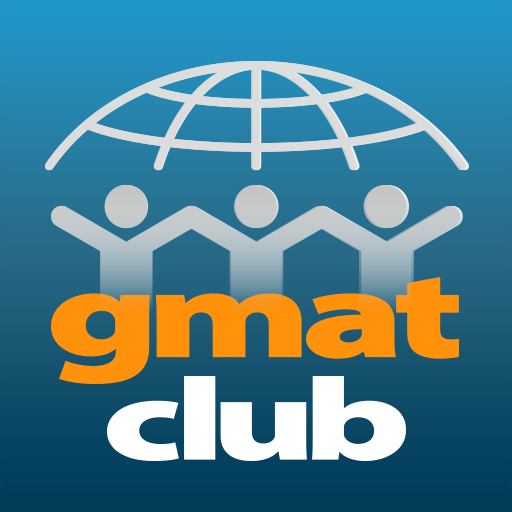
03/29/2023 by Farrell 0 Comments
A few points of comparison: Wharton v Booth EMBA
As Wharton offers are coming in, I've been asked to comment on the differences to help people decide. This is by no means comprehensive but what comes to mind.
At Wharton EMBA, it includes a residential element, everybody stays in the same hotel. This is the case even if you live locally. Wharton believes that this residency requirement deepens the ties you have with your cohort. At Booth EMBA, most people stay in three hotels around Gleacher with a smattering of people who stay a bit further out. There are always groups going out in the evenings, but the logistics might be a bit less obvious.
The average age is 37 at both programs but at Wharton only 16% are over the age of 40 according to their class profile, which has been the case for a while and it’s hard to believe this is by accident. My guess is that they believe there will be deeper relationships among people closer in age.
One appealing aspect about the Booth EMBA is that you can develop a global network. Booth concurrently runs an EMBA program on campuses in London and Hong Kong. Because the London and Hong Kong programs meet less frequently - one week between every 3 to 6 weeks – those programs attract professionals from all around the globe.
Booth has 5 international session weeks over the course of the program where everyone converges upon the same campus and your study group consists of people from other campuses. If you attend Booth in Chicago, count on spending time in London and Hong Kong at some point.
Wharton has a bit of a different approach that focuses more on country immersion. Each year there is a Global Business Week (GBW), where EMBA students from both the Philadelphia and San Francisco campuses travel to an international destination. The week includes company site visits (arranged by a student or alum who can provide the inside track) and various social outings. You can also take Global Modular Courses (GMC) located in a range of countries, but these are also open to undergraduate and full-time MBA students.
The Wharton EMBA program is actually exactly the same as the Wharton full-time program fit into the executive format. For Booth the EMBA focus is more on business fundamentals than the full-time program which only has one required course (LEAD). Booth is known for utilizing holistic, multidisciplinary frameworks that can be applied across different problems. Both programs are case-focused but Wharton has more experiential learning opportunities such as the GBW.
Wharton EMBA is 33% women and climbing; Booth EMBA is currently posted as 25% female, but the program seems focused on improving that number in both word and deed. A recent female admit with a 148 EA score was offered a $25,000 scholarship. This is particularly exceptional because even female EMBA admits don't normally get any type of merit award.


Comments
Leave a comment